Bank of Zambia (BoZ) Governor, Denny Kalyalya, says access to finance, technical assistance, and capacity-building programmes were crucial in helping Small Medium Enterprises (SMEs) navigate the challenges of carbon markets.
Kalyalya noted that the development of the carbon market had been sluggish due to capacity constraints, even when Zambia already had structures for the carbon market.
Read more: Bank of Zambia raises benchmark interest rate to 9.50%
He said this in a speech read on his behalf by Director – Bank Supervision, Ms. Gladys Chiwele, at the two-day carbon capacity building workshop for women, youths and SMES at Lusaka’s Taj Pamodzi hotel.
The workshop which opened on Tuesday, was been held under the theme,” Accelerating success for women, SMEs, and youth in Carbon markets: Paving the way for women, SMEs, and youth in carbon markets,”.
Kalyalya said the transition to low-carbon economy would not only help mitigate climate change but also created new avenues for growth, innovation and investment.
“The pricing of carbon emissions creates market-based mechanisms for incentivising businesses to adopt cleaner technologies, invest in renewable energy as well as enhancing energy efficiency. It also presents vast business opportunities that can be exploited by entrepreneurs and foster the involvement of youths, women, and SMEs who are ordinarily excluded from most economic activities,” he said.
The Governor said BoZ was in the process of developing regulatory and supervisory tools to foster sustainable practices in the financial sector which would have wider environmental implications beyond the sector.
He affirmed the inclusion of women in carbon markets as a critical aspect toards sustainability and gender equality.
“The active participation of women in carbon markets has potential to empower them economically and enhance the effectiveness and resilience of the country’s actions,” Kalyalya said.
Zambia Industrial Commercial Bank (ZICB) Chief Executive Officer, Ignatius Mwanza, said the the bank had entered in to partnerships with VERRA and Rabobank aimed at enhancing capacity building and financing for carbon market participants in Zambia.
Mwanza said ZICB through a partnership project with Rabobank will this December, empower 7,000 smallholder farmers with carbon financing, while the agreement with VERAA was to create tailor-made training programmes and enabling environment for local project developers to monetize Zambia’s environmental assets.
Meanwhile, Carbon Forest Zambia, CEO, Lovedale Mulasikwanda, said the inclusion of women and youth was necessary for achieving sustainable and prosperous low-carbon future.
“By empowering women SMEs, and youth, we also not only promote growth but also foster innovation, diversity and resilience in carbon markets,” he said.
Minister of Green Economy and Environment, Collins Nzovu, reaffirmed government’s commitment in ensuring Zambia achieves a low-carbon economy.
Nzovu urged the participants to identify challenges, exchange best practices and explore innovative solutions that would speed up success for women, youth and SMEs in carbon markets.
Others sponsors of the workshop are World Wildlife Fund (WWF) and PricewaterhouseCoopers Limited.
WARNING! All rights reserved. This material, and other digital content on this website, may not be reproduced, published, broadcast, rewritten or redistributed in whole or in part without prior express permission from ZAMBIA MONITOR.

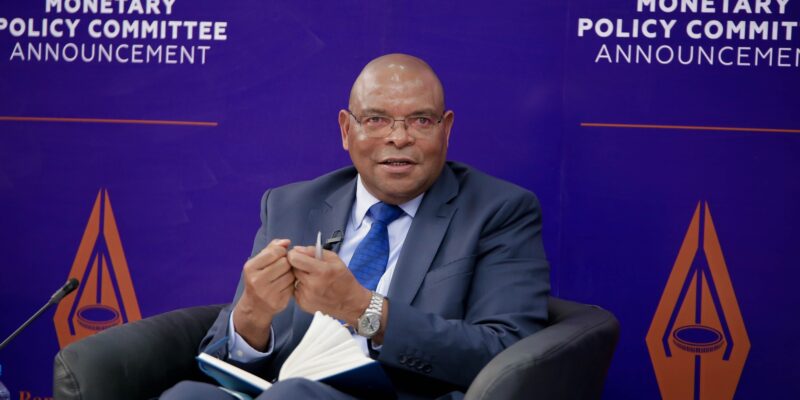
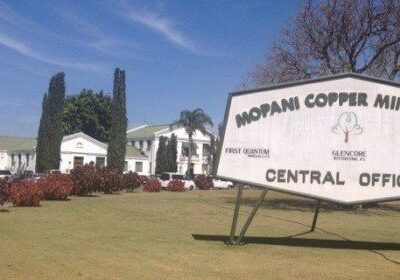
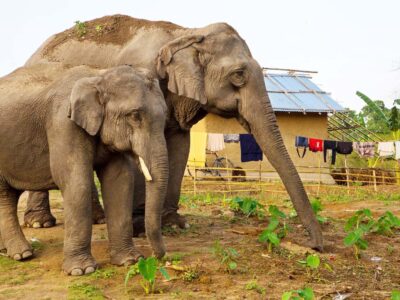
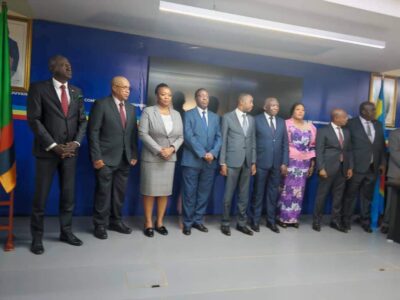
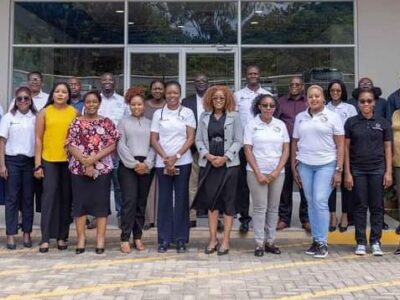
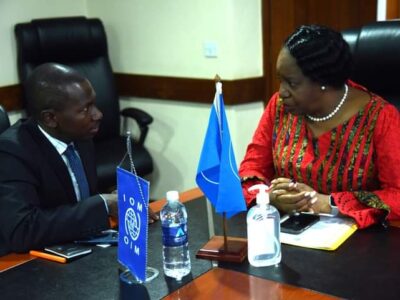

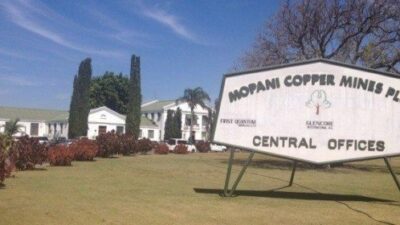



Comments